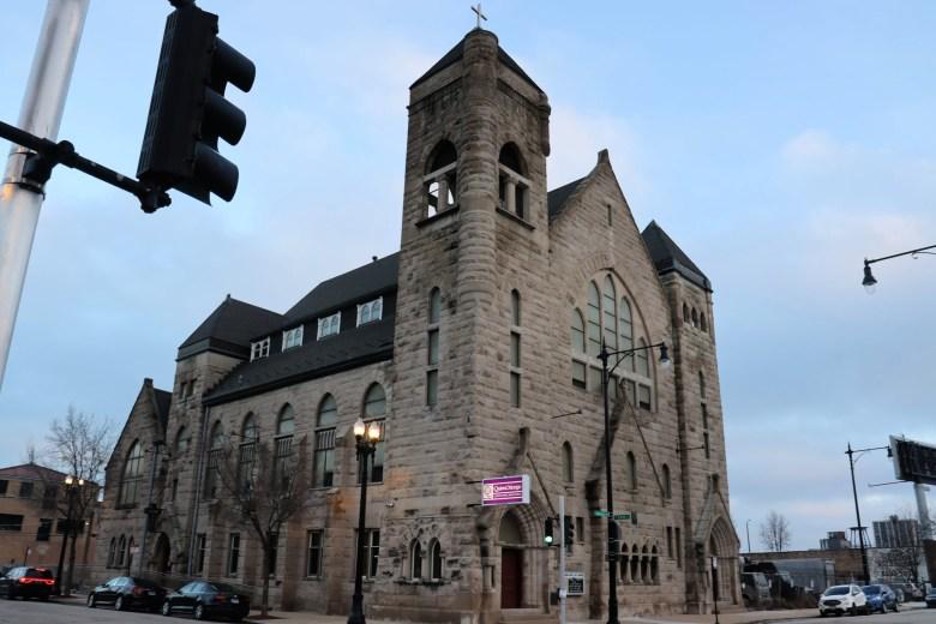The Pastor’s Role in Church Financial Management, Part Two
By Cynthia Gordon-Floyd, CPA, Contributing Writer
As we continue our discussion from Part One of this topic, we reiterate the importance of a sound process of internal controls and financial oversight by the members of the Boards of Stewards and Trustees to ensure all monies are properly accounted for and safeguarded. Pastors need to know that as employees of the church, all financial benefits received are subject to treatment as taxable income.
The use of church credit cards can be a serious pitfall for pastors. We highly recommend pastors use their personal credit cards instead of using church credit cards. The availability of a credit card paid by the church is considered to be similar to the pastor being given an unmonitored line of credit. Utilizing a personal card and requesting reimbursement for church-related expenses instead is a much safer and simpler route. If the pastor chooses to use a church credit card, all use must be authorized by the stewards or trustees in advance of the usage and receipts are promptly submitted. Please see our article “Pastors Should Avoid the Use of Their Church’s Credit Card” for more information.
In the AME Church, some travel is a requirement for our pastors. Therefore, it is routine for churches to issue travel advances. Each check written to a pastor is a taxable event unless it is supported by the proper documentation that supports the business purpose of the expense. All receipts for travel need to be received within 60 days of that travel and any excess funds should be returned to the church. If receipts are not provided, the travel advance should be added to the pastor’s W-2 as taxable income.
The Board of Stewards is charged with negotiating the pastoral compensation package with the pastor. This process should be a negotiation where the pastor informs the church of their needs and the stewards inform the pastor of the compensation the church is able to pay. It is important that this negotiation is done openly and reasonably and that the stewards do not commit more than the church can bear. The church should not enter into any agreement where the church is indebted to the pastor for compensation that the church has no ability to pay. This violates the responsibilities of the Board of Stewards as outlined in the Discipline.
Cynthia Gordon-Floyd is a certified public accountant and founder of Willing Steward Ministries (willingsteward.com) which is a financial consulting and accounting firm for churches and other faith-based non-profits. She specializes in Bible-focused financial practices, pastoral compensation issues, IRS compliance, and other financial needs specific to churches. Cynthia is a graduate of Lake Forest College and received her Master of Business Administration in Accounting from DePaul University. She is a steward and the financial secretary at the First AME Church of Manassas in Manassas, Virginia.





